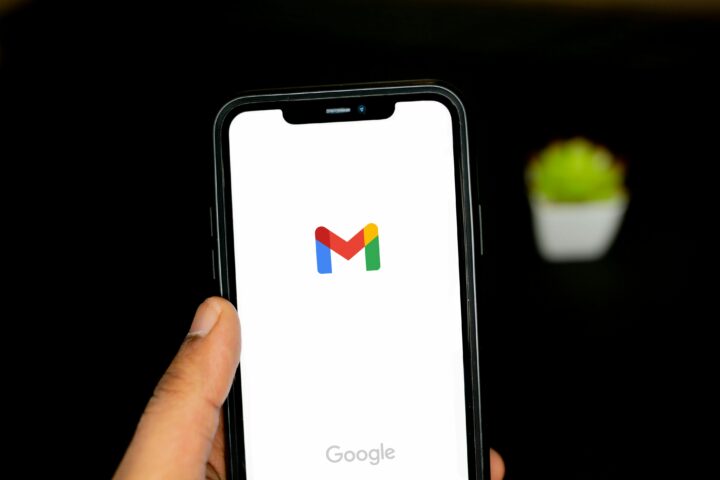J.P. MORGAN Global Payment Trends: payment methods and insights in Germany
Written by
Kinga EdwardsPublished on

Germany is a demanding nation, especially when it comes to payments. These consumers need reassurance about the security of both their data and their money. Based on the information from the JP Morgan report, we present some of the most essential highlights regarding payment trends in Germany.
Some trends seem to be rather constant while others may be surprising even for well-seasoned European market. We will cover them in the text below. Let’s begin.
Payment by cards
While payment by cards is well adapted in many countries all over the world, it doesn’t seem to be a case with Germany.
This type of payment is relatively unpopular in Germany. When it comes to card penetration in Germany, it reaches only 0.52 per capita. Cards can be used for both offline and online payments; however, this is not a popular option. It doesn’t make any easier by the fact that one of the largest card providers in Germany has not adapted its product to online payments. Ultimately, only 13% of payments are handled this way and Germans prefer finalizing their payment processes, using other methods.
Another aspect that does not make the situation of online card payments common is the conservative and cautious approach of the Germans. Most of them prefer traditional payments, such as bank transfer. A popular solution is an open invoice and direct debit – so, some solutions, that are rather obsolete in other countries, take low places as payments’ priority methods or are even unknown. These types of payments account for as much as 40% of online sales. As you can see, Germans like to have everything under control, especially their money. They are rather unsure and cautious when it comes to modern ways of payment. It’s worth taking that into consideration when launching business there.
Payments via digital wallets are getting popularity
Digital wallets are a payment method that is becoming more and more popular around the world. It even becomes a standard when it comes to offered payment methods. This is a very quick method that doesn’t even require taking your credit card out of your wallet – you can link it to your digital wallet and make a payment with just a few clicks. It is estimated that this method will constitute as much as 28% of the market next year.
PayPal dominates the German market – 20% of transactions are handled by it. Since 2018, it was possible to link PayPal with a Google Pay account. This even more contributed to the popularization of digital wallets. What’s more, PayPal offers a direct link to bank accounts, thus giving the possibility for Germans to implement one of their favorite methods – bank transfers, but using smartphones.
As you can see above, digital wallets cover 26% of the market. It beats even an open invoice, which is one of the most convenient methods for quite a while.
Safety first
When it comes to online fraud, only two percent suffer from it, which is quite a good score. Around the whole of Europe, the percentage of online fraud is falling. This may be an aftermath of the implementation of authentication systems, such as 3D Secure.
Nevertheless, it is popular in Germany to create fake e-commerce sites to trick customers. Another aspect relates to sellers – minor use of highly secured online methods can expose e-commerce sellers to fraud.
Germany is a country where the percentage of fraud is relatively high compared to other European countries. However, let’s hope that as German society becomes convinced of online payments, this percentage will decrease.
Cash usage is decreasing
In 2017, according to Deutsche Bank, German consumers paid with cash for most of their shopping transactions – 74% by number and 48% by value.
source: https://www.statista.com/statistics/1094959/cash-use-in-germany/
As you can see, year-by-year cash is getting less and less popular among the German community. Which is a global trend now. Cash is being supplanted not only by credit cards but also by quick payments or digital wallets. It is also kind of the right statement that the pandemic situation helps with that. People instead of cash choose a contactless payment. Why? Because they’re afraid of transferring the virus on banknotes and coins. Responsibility at this time is fundamental. And perhaps no nation is seen as more responsible than Germany. We can see some kind of dependency here.
To wrap up
When it comes to money, Germans are rather serious. It is all about feeling safe. That is why they are not so sure about digital wallets and online payments. Nevertheless, 2020 has brought us some surprises, so we are all forced to push our boundaries. We are looking forward to whether Germans will do the same in the case of payment habits.


